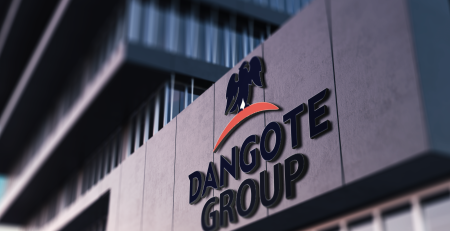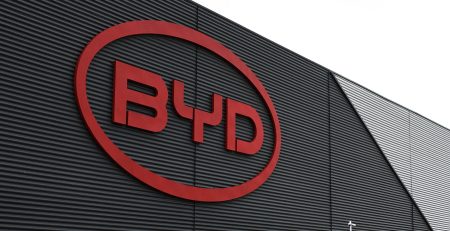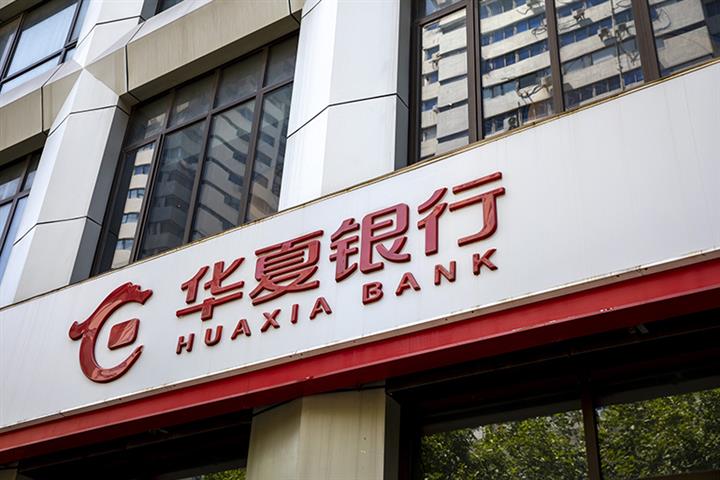Decentralized Finance (DeFi): Transforming Global Financial Systems
Introduction
Decentralized Finance (DeFi) represents a paradigm shift in the global financial system, enabling a decentralized and permissionless infrastructure for financial services. Built on blockchain technology, DeFi eliminates intermediaries, democratizes access to financial tools, and promotes transparency. This white paper explores the transformative potential of DeFi, addresses key risks and regulatory challenges, and highlights opportunities for investors and businesses.
1. What is Decentralized Finance (DeFi)?
DeFi is a blockchain-based financial ecosystem that leverages smart contracts to facilitate peer-to-peer transactions without traditional intermediaries. DeFi encompasses a wide range of services, including lending, borrowing, trading, insurance, and asset management.
Key Features of DeFi:
Transparency: All transactions are recorded on public ledgers, enhancing trust and accountability.
Accessibility: Open to anyone with an internet connection, bypassing traditional banking barriers.
Programmability: Smart contracts automate complex financial processes.
2. How DeFi is Reshaping Traditional Financial Services
DeFi has introduced groundbreaking innovations that are disrupting traditional financial systems:
Lending and Borrowing: Platforms like Aave and Compound allow users to lend and borrow assets without credit checks.
Decentralized Exchanges (DEXs): Uniswap and PancakeSwap enable peer-to-peer trading without intermediaries.
Asset Tokenization: Real-world assets like real estate and art are tokenized, improving liquidity and access.
Yield Farming and Staking: Users earn rewards for providing liquidity or staking tokens, creating new investment opportunities.
3. Opportunities for Investors and Businesses
DeFi opens up numerous avenues for both institutional and individual participants:
For Investors:
Higher returns through yield farming, staking, and liquidity provision.
Access to innovative financial products that were previously unavailable.
For Businesses:
Cost savings by eliminating intermediaries in financial transactions.
Enhanced cross-border payment systems with reduced fees and faster processing.
New revenue streams through tokenization and DeFi platform development.
4. Risks and Challenges in DeFi
Despite its promise, DeFi presents significant risks:
Smart Contract Vulnerabilities: Bugs in code can lead to financial losses.
Regulatory Uncertainty: Governments worldwide are grappling with how to regulate DeFi.
Scalability Issues: Blockchain networks must scale to handle increasing transaction volumes.
Security Concerns: Hacks and exploits targeting DeFi platforms have resulted in substantial losses.
5. The Regulatory Landscape
Governments and regulatory bodies are increasingly focusing on DeFi. Key issues include:
Consumer Protection: Ensuring users are safeguarded from fraud and losses.
AML and KYC Compliance: DeFi platforms must address anti-money laundering (AML) and know-your-customer (KYC) requirements.
Taxation: Clarifying tax implications for DeFi activities.
6. Strategic Considerations for Businesses
To capitalize on the DeFi revolution, businesses should:
Collaborate with Regulators: Work proactively to shape regulatory frameworks.
Invest in Security: Prioritize cybersecurity measures to protect platforms and users.
Explore Partnerships: Collaborate with DeFi platforms to integrate decentralized solutions.
Educate Stakeholders: Develop comprehensive training programs for employees and partners.
Conclusion
DeFi is revolutionizing the financial landscape by enabling decentralized, transparent, and efficient financial systems. While challenges remain, the opportunities for innovation, cost reduction, and financial inclusion are immense. Businesses and investors that embrace DeFi today will shape the future of global finance.









Leave a Reply